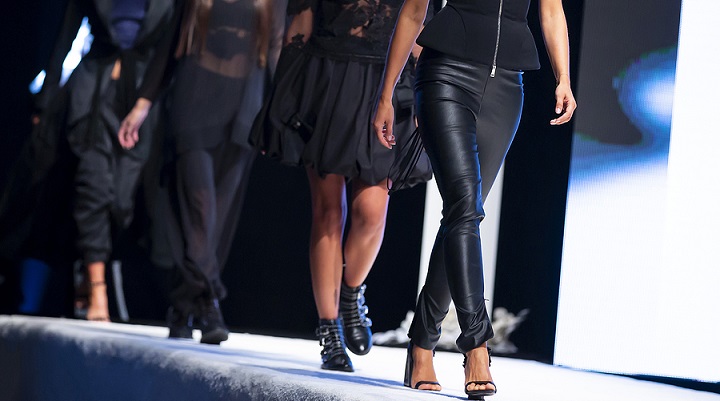If you have ever watched The Devil Wears Prada, then you will have an insight into the industry. While you may cringe and wonder if it’s true, I am here to tell you it is so accurate it should be called a documentary! My time in the industry was like going into a black hole every day, where I was having panic attacks because the stress was just so much. I’m not alone in my suffering from poor mental health on account of my work in the fashion and creative industries. Mental illness cons
onsumes so many of us both in Australia and overseas.
The fashion industry is well known for being difficult to break into, where working long hours for little pay is viewed as the price of our “apprenticeships”. We tolerate tough conditions just to be part of the scene and we live a pretend glamorous life, when we’re really overworked, enduring stress and relentless pressure.
It’s a fast-paced sector. With the fashion calendar shifting from only two seasons a year to endless collections and capsule drops, designers, retailers, buyers, merchandisers and product developers must pick up the pace. Social media, marketing and editorial teams must be well-versed and agile with creating endless streams of content.
Crazily hectic schedules in the competitive environment create such a toxic workplace culture, where many employers have instilled fear into their staff, who are worried about losing their jobs if they speak out about any kind of struggle. This fear covers all professions within the sector.
The general attitude is you need to put up and shut up — there are hundreds of others lining up to take your role.
For those on the outside world who see the fashion and creative industries as glamorous, take a walk on the other side. You may only see us when we are travelling around the world attending fashion shows and trade shows, but what you do not see is that even during these times, the work is relentless.
We go from one show to the next, starting early in the morning and working until late at night. International travel and buying trips are nothing but sheer hard work, sleeping on the planes working from early morning until late at night, then working on collections in the evenings. It may sound glamorous when we are talking to our friends and family, but let me assure you the pressure and stress are always there.
At times, it can also be very lonely and isolating. The long hours and mediocre pay take a mental and physical toll. Sleep deprivation due to stress creates anxiety and depression.
The seasonality of the fashion industry puts pressure on everyone, the timelines and critical paths that everyone needs to work towards in order to stay on top of things places enormous pressure on people’s mental health and wellbeing.
Time to walk the talk
We have seen fashion and creative businesses get behind initiatives such as RUOK? Day, raising mental health awareness and talking a lot about self-care, being kind and looking out for each other. But the messaging from the HR teams doesn’t always impact the behaviours of so many leaders from senior executives through to the shopfloor. The appalling treatment, bullying and abusive behaviours are still far too commonplace.
Unfortunately, there is a systemic culture that exists within the fashion and creative industries and until things are taken seriously and processes are put in place, those working in the sector will continue to bear the brunt of the toxicity.
Businesses need to acknowledge and manage mental health challenges in the same manner that they do OH&S and only then will we see a change in behaviour.
The industry needs to take a long hard look at itself and the impacts on their people and do the right thing. There should be a zero-tolerance approach to bad behaviour and bullying and business leaders need to start caring for people.
Those who have paid the ultimate price
Mental illness is serious, and we need to raise awareness and change. There have been several well-known designers, creatives and models who have suffered from mental illness and paid the ultimate price, from Kate Spade and Alexander McQueen, to L’Wren Scott, Isabella Blow and Margaux Hemmingway.
Unfortunately, there are many more who are not as well-known, and we simply cannot allow this to continue.
As well as those we have lost, there are countless others who leave the industry so deeply scarred, they can never return, lost into the abyss, and left to flounder.
The fashion industry has started becoming more vigilant in complying with sustainable and ethical standards, but it’s time now for us to take a serious and committed stance when it comes to mental illness.

